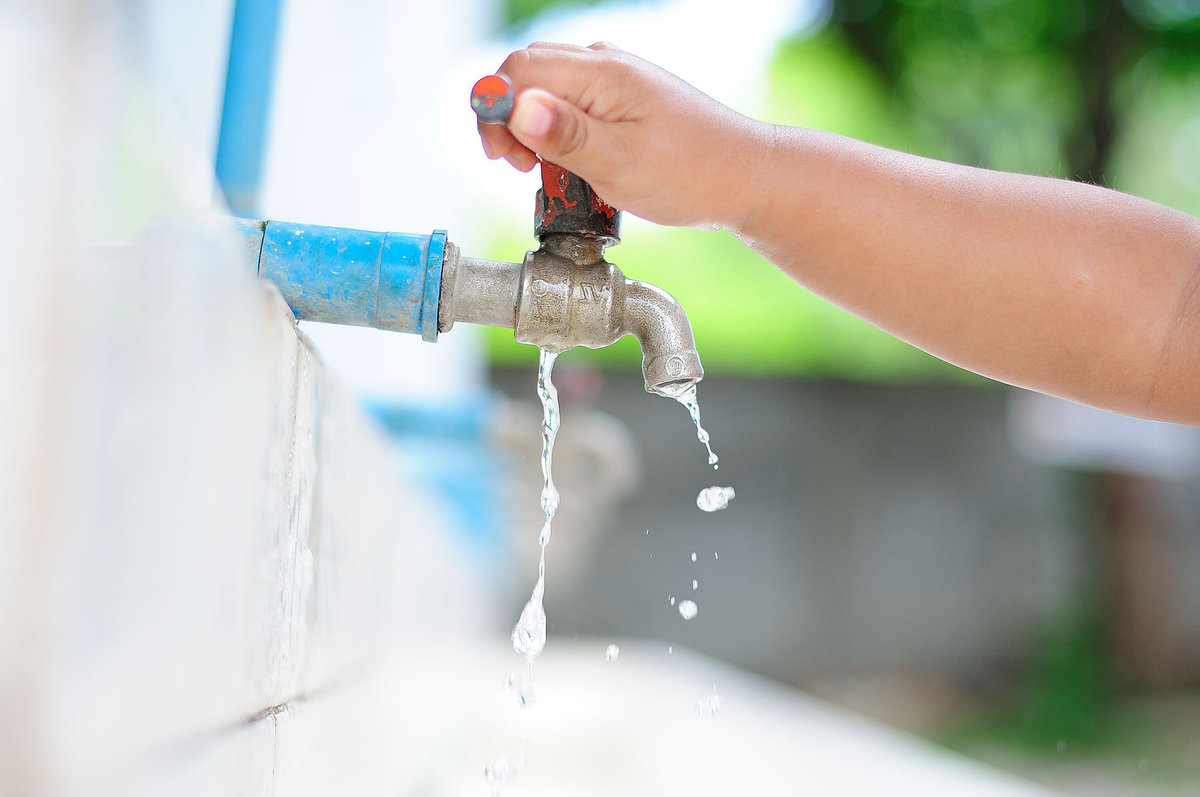It is imperative that we, humans, understand our responsibility to take care of our home planet, earth. If you are someone who is concerned about the planet but feel overwhelmed with the sheer scale of problems it is currently facing, then start with the small and easy things.
Caring for our home doesn’t have to be complicated or expensive. So begin the journey of going green from your home. Remember, change starts with you. Do not underestimate your power; even the slightest positive change in your lifestyle will significantly help the planet.
If you want to showcase your sincerity and love for the planet, here are simple yet impactful things that can be done to show kindness to the planet.
- Solar Panels
Solar panels are a great way to save money and go green, especially if the country you live in is fit for it. For example, in New Zealand, you get access to top quality solar panel systems, and it also has a warm climate which makes it perfect for solar panels. The best part: you don’t have to look far for solar panels. A simple Google search can yield multiple results out of which you will find various suitable solar panel companies for installation and maintenance. Just type ‘Solar Panels NZ’ in the search bar.
Solar panels utilize solar energy, which is free and abundantly available. It doesn’t require any water or fossil fuel to create electrical energy; hence it conserves natural resources. It reduces your carbon footprint by not releasing harmful gases like power plants. Those toxic gases are released when fossils are burned to generate electricity, and cause air pollution, severely impacting the greenhouse effect, worsening the climate change situation.
- Practice the three Rs
Reduce, Reuse, Recycle (the three Rs). This greatly encouraged method has proven to be highly effective in decreasing the overall land waste and conserving natural resources.
There are several reasons why everybody loves the three R’s; it holds you accountable and responsible for your own garbage, it is pretty simple, and it may end up saving you money.
How to Reduce?
Never buy plastic bottles; use reusable water bottles. Conserve energy by putting extra care into making sure all the electrical switches are turned off when not in use. Don’t put your old clothes in the trash; donate them instead. Don’t throw away food.
How to Reuse?
Repurpose things. There are many ways your old items can serve a new look and purpose for you. For example, empty candle jars can serve an alternative function in the kitchen as glasses. Mason jars or shoe boxes can be utilized as storage containers for organizing your jewelry, makeup or toiletries.
How to Recycle?
You can upcycle your old stuff lying around the house by crafting. Save the popsicle sticks, old newspapers, old shirts, and cardboard boxes, and make them useful in your home. You can make jewelry boxes and bookmarks out of popsicle sticks. A cardboard box and your shirt can be turned into a little house for your pet. If you recycle newspaper, you can make cute greeting cards out of it or simply put it in to use as a notebook or a journal.
Countless items can be easily transformed and granted a new or different purpose from the pile of junk you deemed useless before.
- Try reusable items
Swap out all your disposable things for their eco-friendly alternatives. For example, try using washable cloth grocery bags instead of polythene bags, metal/paper straws instead of plastic straws, silverware instead of plastic utensils and rechargeable batteries instead of non-rechargeable ones. These are just a few simple examples to help you make a start.
Aside from the obvious environmental benefits, switching from products suitable only for one-time usage to durable ones will positively affect your wallet in the long run.
- Volunteer
If you deeply care for the environment but cannot afford to donate to the organizations performing social work, then you can invest your time. Other reasons why volunteering is an essential experience include humility, empathy and exposure. There are various opportunities available for volunteering, which also provides you with a chance to learn something new. You can either work in a volunteer program that piques your interest or one that actively works for issues you stand for.
Recycle center, marine, forest, or wildlife conservation, homeless shelters, agricultural project, water conservation, environmental volunteer, these are some exciting options that volunteer programs offer. There are options for volunteering abroad as well, through which you can gain valuable traveling and cultural experiences.
- Save water
Water is the most precious resource for humankind. Millions of people around the world do not have access to clean water. We need to save water every chance we get. Always remember to turn off faucets while doing things like shaving or brushing teeth. Fix any leaks around the house immediately. Take quick showers. Plant your plants only when they need it to avoid waterlogging, and use a watering can, not a hose. Install aerators on taps and showerheads with water-saving designs or flow restrictors; they have proven to save up to 25% more water.
- Compost
Making compost is an easy solution to handle many problems at once. It reduces your kitchen waste and makes fertilizer packed with nutrients for your plants.
Save all the kitchen scraps like vegetable peels and eggshells in a separate container. To make compost, you should layer twigs, straws, grass trimmings, kitchen scraps and manure, and keep it moist in a container.
It is very quick to prepare, and the instructions are also simple. For the compost to be ready to use, that process may take six to eight weeks. The composting duration depends upon the ingredients chosen.
- Raise Awareness
The simplest way to help the earth is by creating awareness. Attend rallies or marches to stand up for the problems you wish to highlight and raise awareness in your community. Educate the people in your surrounding regarding environmental issues. Discuss what role they play in trying to reduce waste or pollution. Talk about climate change on social media with your friends or colleagues.
Flammable or toxic waste is already harmful for the environment; incorrect disposal can lead to more significant problems. Don’t deal with hazardous chemicals at home, but if you need to, then handle and dispose of them correctly and carefully.
Conclusion
People who try their best to fulfill the duty of caring for the earth are the hope and example for humanity. All the points mentioned above prove that going green or looking after the environment doesn’t have to be complex. We just have to be mindful of our habits, waste less, save more and only use eco-friendly options.




















